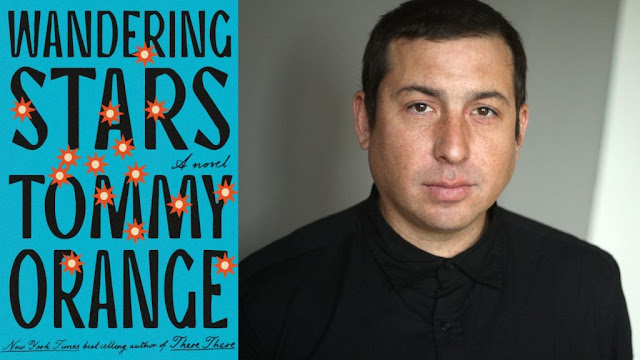Today, the National Book Foundation announced the finalists for the 2024 National Book Awards in all five categories: Fiction, Nonfiction, Poetry, Translated Literature, and Young People’s Literature. The finalists were selected from a starting total of 1,917 books submitted by publishers this year: 473 in Fiction, 671 in Nonfiction, 299 in Poetry, 141 in Translated Literature, and 333 in Young People’s Literature. The winners in all categories will be revealed at the National Book Awards Ceremony on November 20, during which Barbara Kingsolver and W. Paul Coates will also be awarded lifetime achievement awards. Winners receive $10,000, a bronze medal, and a statue; Finalists receive $1,000 and a bronze medal. Winners and Finalists in the Translated Literature category will split the prize evenly between author and translator. An Oprah Daily "Best New Book" and "Riveting Nonfiction and Memoir You Need to Read" * A New York Times ...







